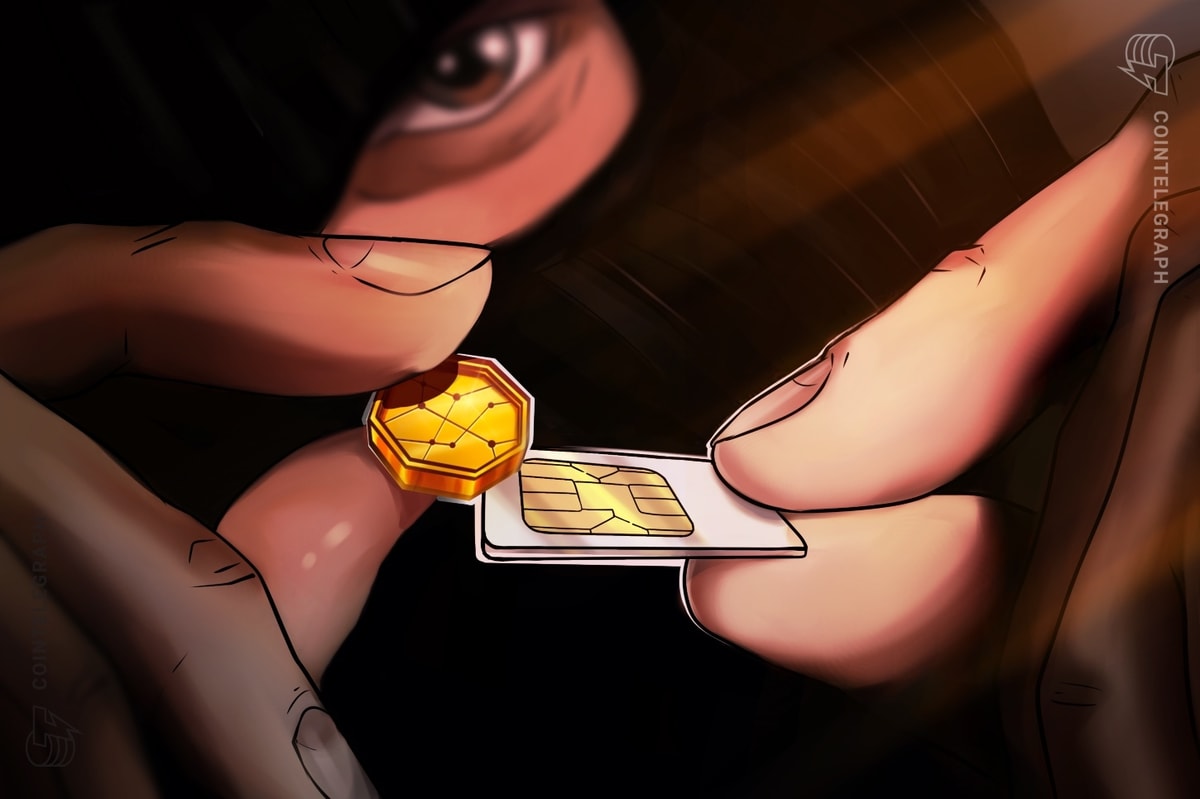Mortal Kombat 1, a popular title in the fighting game genre, is at a crossroads with its latest update. The game, praised as a worthy installation in the Mortal Kombat series, is introducing a feature that’s stirring debate in its community.
Starting December 14, players will have the option to decline matches against opponents using WiFi connections in the Kombat League mode. This feature, known as “WiFi-ping-decline,” aims to address the high-ping issues often associated with WiFi connections.
Impact on competitive and casual Mortal Kombat 1 players
For competitive players who prioritize stable and low-latency matches, this Mortal Kombat 1 update is a welcome change. It promises a level playing field by reducing the chances of encountering high-ping issues, which can disrupt the competitive integrity of matches. However, this feature has raised concerns among a portion of the player base. Players reliant on WiFi connections, often due to logistical constraints, are facing the prospect of a diminished matchmaking pool. This could lead to longer wait times and a more challenging experience in finding suitable matches.
The upcoming introduction of crossplay in February 2024, connecting players across Xbox, PS5, and PC, offers a potential solution to these matchmaking concerns. However, until this feature is implemented, WiFi-dependent players might find themselves at a disadvantage in the game’s competitive ecosystem.
For casual players, the impact of this update might be less pronounced, but it could still result in longer matchmaking times. The game’s developers are navigating a delicate balance, attempting to enhance the experience for competitive players while ensuring the game remains accessible and enjoyable for all.
Challenges of adapting to different setups
This update also highlights the broader challenges faced by the gaming industry in adapting to different gaming setups. As online gaming continues to grow, developers are tasked with ensuring that their games can accommodate a wide range of player setups and internet capabilities. The decision to allow players to decline WiFi opponents is a testament to the ongoing struggle to find a middle ground between technological feasibility and player inclusivity.
In regions where high-speed internet is not universally available, or for players who cannot feasibly connect their consoles directly to their routers, such updates can inadvertently create barriers to entry. This raises important questions about the future direction of online gaming and the responsibilities of game developers to their diverse player bases.
Conclusion
As Mortal Kombat 1 rolls out this new feature, the reaction from its community underscores a critical aspect of game development: balancing technological improvements with the needs and realities of its players. While the update aims to enhance the competitive experience, it also brings to light the complexities involved in catering to a global and diverse audience. The introduction of crossplay may offer some relief in the future, but for now, the Mortal Kombat 1 community remains divided, reflecting the ongoing challenge of evolving a game while keeping it inclusive and accessible to all.





